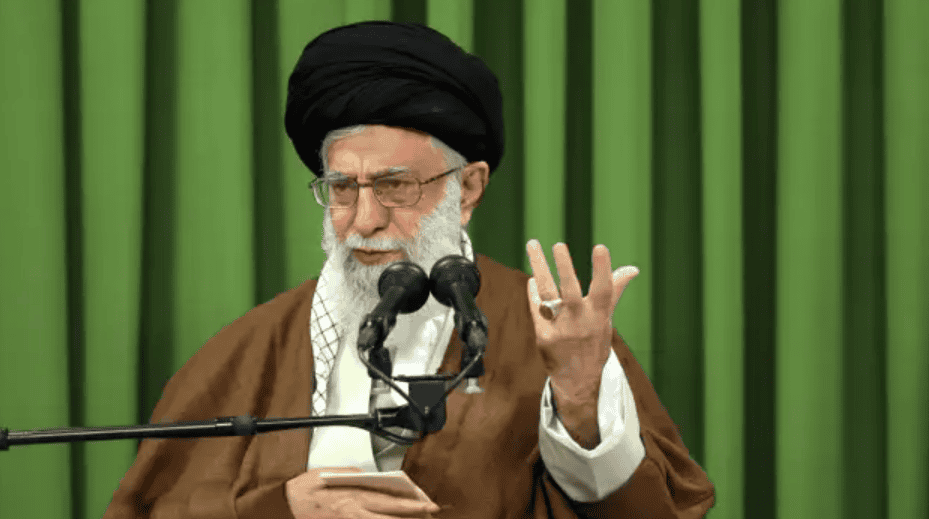Article
Escalating Tensions: US Soldiers Killed in Iran-Backed Drone Strike

In a brazen act of aggression, three US soldiers fell victim to a deadly drone attack perpetrated by Iran-backed militants in Jordan over the weekend, escalating tensions in the already volatile region.
The strike, which targeted a remote US military base, claimed the lives of Sgt. William Jerome Rivers, Spc. Kennedy Ladon Sanders, and Spc. Breonna Alexsondria Moffett, all members of an Army Reserve engineering unit from Georgia.
The attack, characterized by its swift and devastating nature, sent shockwaves through the US military establishment and drew condemnation from officials who condemned it as an act of terror.
While details surrounding the incident continue to emerge, the Pentagon has identified the assailants as Iran-backed groups, heightening concerns over the extent of Tehran’s influence in the region.
Kataib Hezbollah’s Surprising Announcement
In response to the attack, Kataib Hezbollah, the most potent Iran-backed militia in Iraq, made a surprising announcement on Tuesday, declaring the suspension of its military operations against US forces in the region. This unexpected move comes amidst mounting pressure on Iraqi Prime Minister Mohammed Shia al-Sudani to quell escalating tensions and preserve diplomatic channels.
“We are announcing the suspension of military and security operations against the occupation forces (US troops) – in order to prevent embarrassment to the Iraqi government,” Kataib Hezbollah said in a statement.
While the motive behind the suspension remains unclear, observers speculate on the potential impact of ongoing negotiations between the US and Iraq regarding the future of American military presence in the country.
A U.S official told ABC News that the U.S will carry strikes “over the course of several days” as retaliation.
“These are going to be very deliberate targets — deliberate strikes on facilities that enabled these attacks” on U.S. forces, said the official.
Speaking to reporters at the White House before leaving for a campaign event in Florida, the president said “yes,” when asked if he had decided on a response, though did not offer any details.
When asked if Iran is responsible, he said Tehran is arming these proxy groups. “I do hold them responsible in that they’re supplying the weapons to the people who did it,” he said.
In response, Republicans have questioned Biden’s strategy in the Middle East so far, suggesting he should attack Iran more directly.
“We need a major reset of our Middle East policy to protect our national security interests and restore deterrence,” House Foreign Affairs Committee Chairman Michael McCaul said in a statement.
Global Ramifications: Unprecedented Middle East Crisis
US bases in Syria and Iraq have suffered more than 160 attacks of varying seriousness since Hamas’s 7 October assault on Israel.
Meanwhile, Houthi militants based in Yemen have been firing upon commercial vessels in the Red Sea, prompting retaliatory strikes from the U.S. and its allies.
In Lebanon, the militant group Hezbollah has fired daily missiles into Israel, provoking an Israeli response and fears of a repeat of the Israel-Lebanon war of 2006.
Secretary of State Antony Blinken said Monday that it was “an incredibly volatile time in the Middle East.” The world, he suggested at a news conference, had “not seen a situation as dangerous as the one we’re facing now across the region since at least 1973, and arguably even before that”
In a report from CNN last week, The US and Iraq are expected to soon begin talks on the future of the US military presence in the country, amid public calls from the Iraqi government for the US to withdraw its troops.
Amid fears of a US reprisal, the Iranian rial fell to its lowest point in 40 years against the dollar, even as Tehran reiterated that the strike was the work of independent “resistance groups.”
As stakeholders grapple with the aftermath of the attack and its reverberations across the region, the specter of further violence looms large, casting a shadow over efforts to defuse the escalating crisis.

